The World of Autism: Therapeutic Interventions Part 2
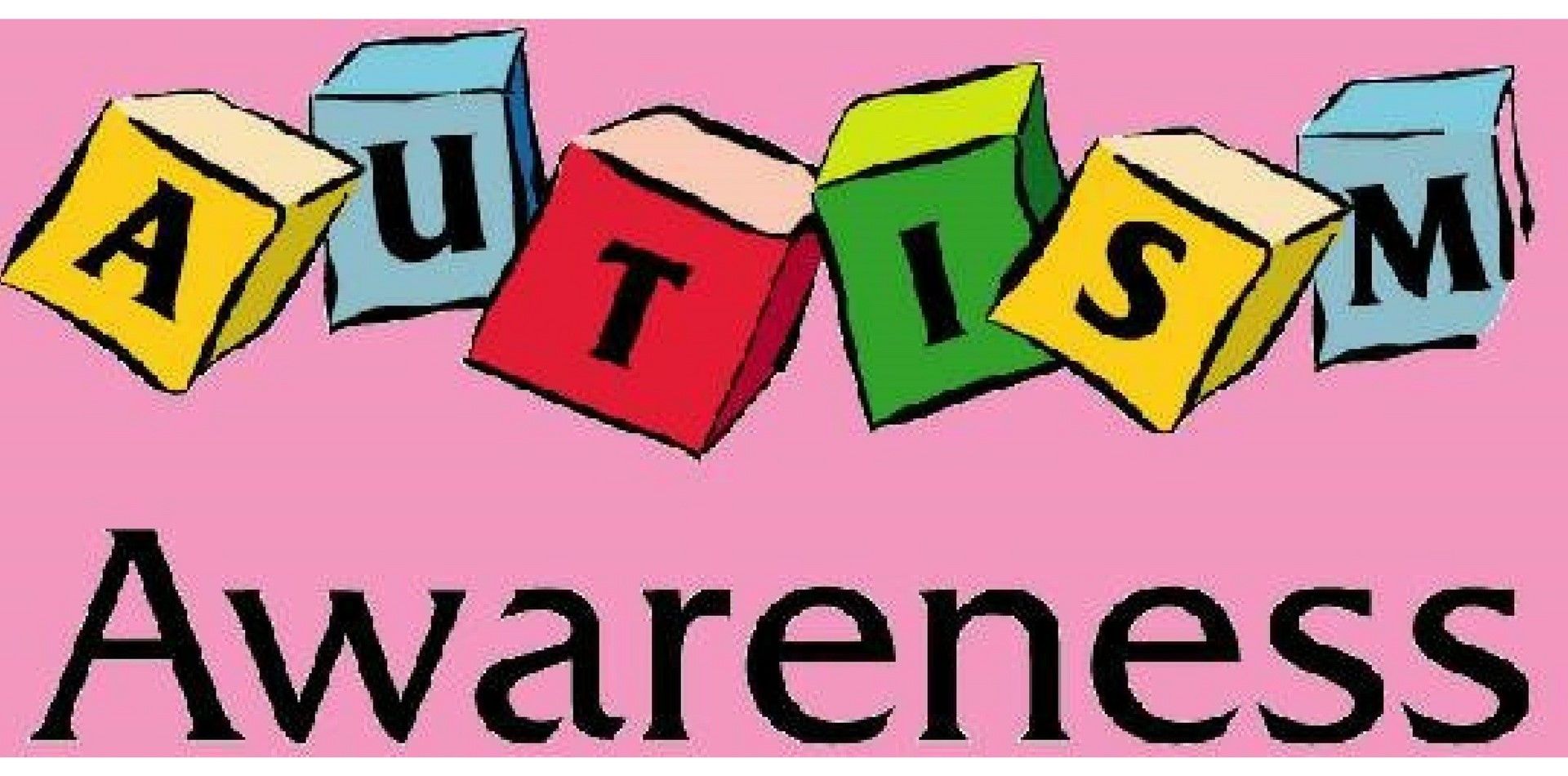
Image Credit
In the previous article of the World of Autism Series called, Therapeutic Interventions we started to go over the various therapeutic treatment approaches for the autistic child which were ranked by effectiveness according to parents of autistic children. Ranked as #1 was Occupational Therapy, #2 was Speech Therapy, #3 was Applied Behavioral Analysis. All three interventions were covered in the previous article. We will now go on to #4 social skills classes/groups.
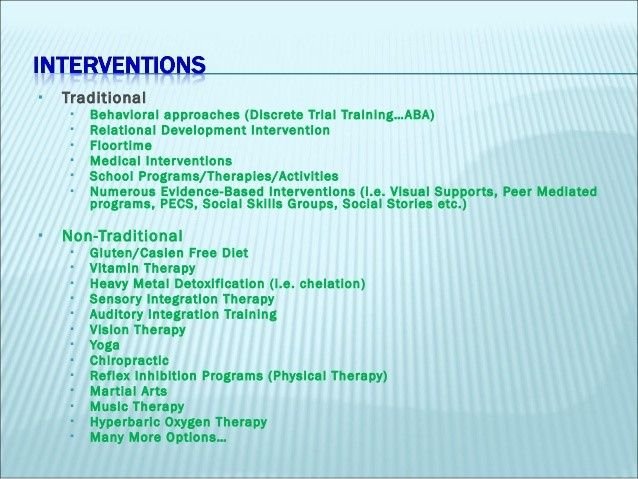
Image Credit
In an article by Love to Know (http://autism.lovetoknow.com/Social_Skills) they talk about children with autism spectrum disorders that have major challenges from using and understanding nonverbal communication to initiating an interaction with other children. Challenges with social skills are one of the defining diagnostic criteria of ASD. Social skills groups give these autistic children the opportunity to practice their social skills with each other on a regular basis.
Some activities that are used in this type of group:
Sharing Social Story – this activity combines a story about sharing, which may not come naturally to children with autism. This is ideal for verbal and non-verbal preschoolers and young elementary students.
Facial Expressions Decoded – non-verbal communication and facial expressions are major challenges for autistic children. So instead of focusing on the facial expressions of a picture, they can practice their own facial expressions.
Form a Band – giving each child an instrument the children have to wait until the leader points at them to play. Making noise is a fun way to interact together while children have to read adult cues when to play or stop.
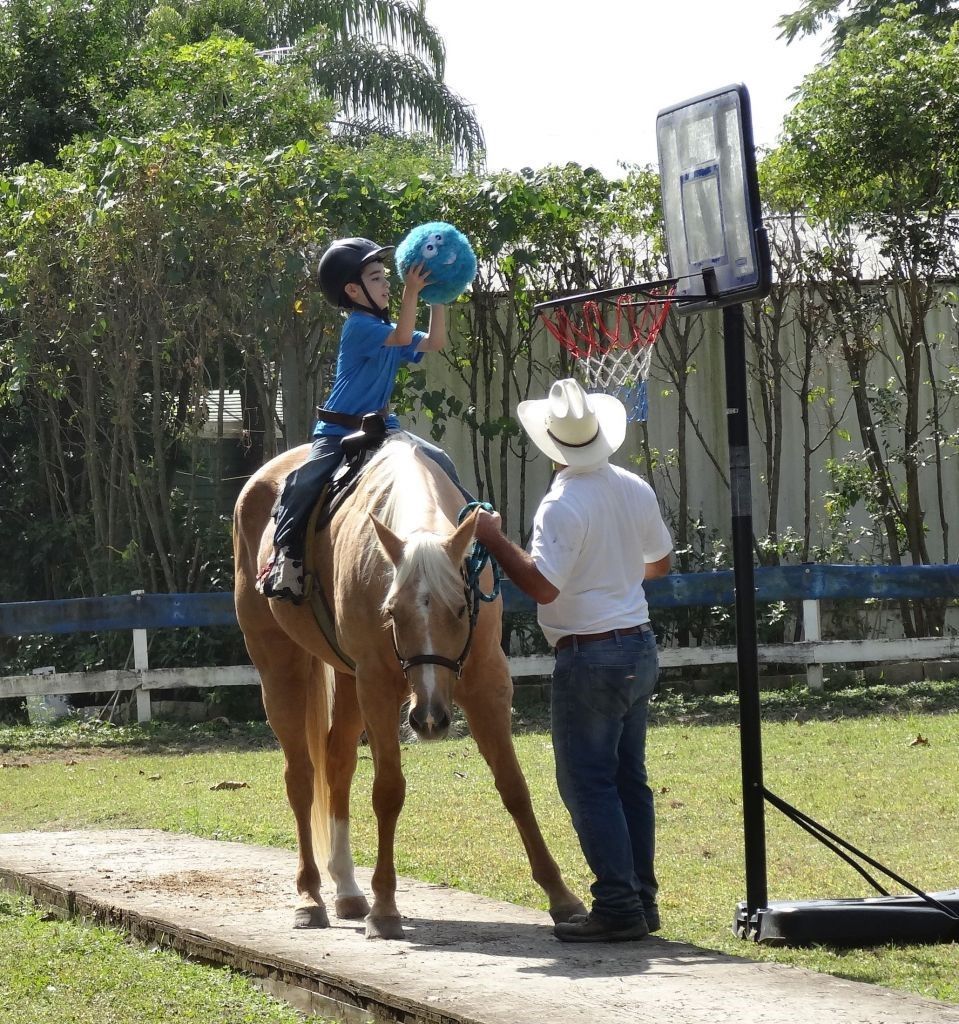
Image Credit
According to Childrens TherAplay (http://www.childrenstheraplay.org) children with autism typically experience deficits in language, sensory processing and reading social cues. Being on a horse (hippotherapy) provides strong sensory stimulation to muscles and joints of the rider and impacts the balance and movement sense detected by sensory receptors and provides varied tactile (touch) experiences as the rider hugs or pats the horse. While riding, the therapist gives auditory, simple to multi-step, directions like “turn to face backward and give me a high five.” The children also benefits from the special relationships they develop with their horses.
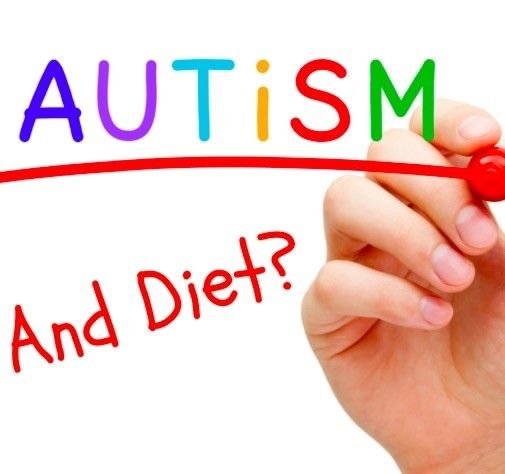
Image Credit
The Gluten Free Casein Free Diet is known as the “Autism Diet” according to Talk About Curing Autism (https://www.tacanow.org/family-resources/in-defense-of-the-gfcfsf-diet-for-children-with-autism). This diet has been around for many years and seems to have helped many people with ASD by improving their lives, health and functioning. Talk About Curing Autism found that research by Dr. Harumi Jyonouchi, shows that 91% of people with ASD have an aberrant immune response to the dietary proteins found in gluten, casein, & soy. It was found that 63 out of 72 autistic individuals who tried a gluten free casein free soy free diet (GFCFSF) reported improvements in GI symptoms and some autistic behaviors. So this study gives validation to the premise that it is the immune model and not the opioid excess model we should be looking at.
This article went on to discuss Dr. S. Jill James’ research on GSH & Autism that showed that 71% of autistic individuals have a MTase block but even when the individual is not allergic or intolerant to gluten, casein and soy, removing these foods will decrease the adenosine and clear the block. In another words, it seems that autistic individuals should do this GFCFSF diet to increase glutathione and health.
There is a lot of controversy over this topic so It is highly encouraged that parents of autistic children should consult with their doctor and a dietician to ensure that their children will be getting the proper nutrition before starting.
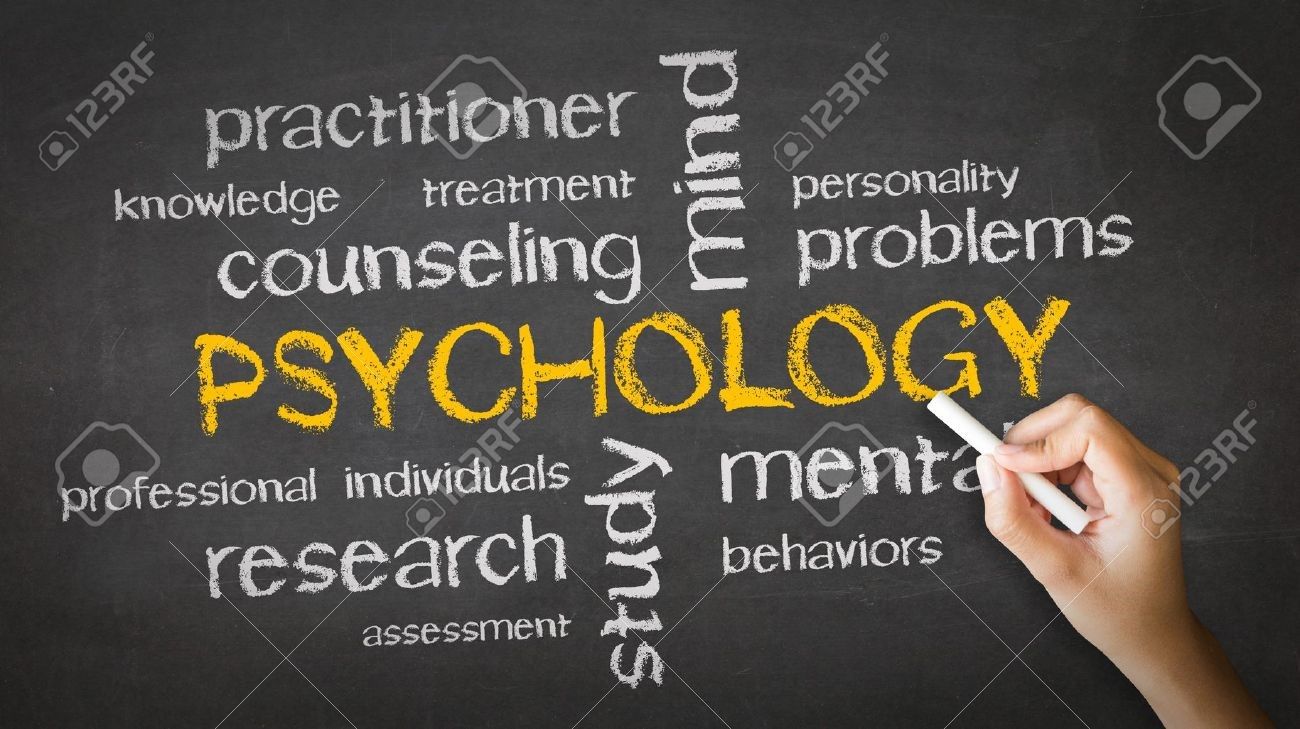
Image Credit
The Psychologist plays an important role in the field of ASD as they use a wide range of assessment processes to determine if the child meets the criteria for ASD. The information he/she gathers from all the assessments is used by the Psychologist to make recommendations for individually-designed Intervention programs that meet the specific needs of each child. This information was obtained from Allied Health Professions Australia (http://autism.ahpa.com.au/ForHealthProfessionals/Psychologists.aspx). They went on to say that the Psychologist is able to provide information about whether the child is developing at an appropriate level for his or her age. It is highly recommended that a child should be referred for an assessment by the Psychologist if he/she is exhibiting unusual levels of fear, stress or anxiety, has difficulty socializing, is experiencing difficulties with learning or is engaging in unusual behaviors.
The Psychologist’s intervention is important for children with ASD because they use a range of techniques including behavioral strategies, skills training and emotional regulation to help children with ASD cope better in their everyday lives. Allied Health Professions Australia also listed the kind of treatments Psychologists provide:
Use behavioral interventions to reduce specific behaviors that are undesirable while simultaneously promoting new behaviors and skills that are desirable.
Provide social skill development using behavioral strategies and intervention.
Work with parents and other caregivers and professionals such as teachers to provide them with strategies to assist the child to function better in the home school and other environments.
Help children with ASD to manage their anxiety levels. They work with the family and caregivers to teach them how they can monitor and reduce anxiety.
Assist children throughout development as children with ASD often experience difficulties with transitions such as the first year of school or entry into adolescence.
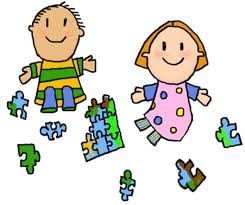
Image Credit
I recently got a comment from a fellow Steemit, @helgapn,who is a clinical Psychologist and wanted to share her response to my previous article called The World of Autism: Therapeutic Interventions For ASD. In the article I had included a survey of 28,000 parents who were asked, “What therapies, if any, worked best for your child?” The top two responses were 1. Occupational Therapy at 39% and Speech Therapy at 27%. Unfortunately Psychiatrist/Psychologist came in a 3 way tie for 5th place at 2%. When I read her passionate response, I knew I had to include it in my next article, so with her permission here is the wonderful response she wrote:
“It's sad that psychology sessions ended up having only 2% of "approval" from parents! It's obvious that it takes time, but during psychology sessions we shape the child's personality on one of the most important area autistic children have difficulty: relationships. It's not as practical as Occupational Therapy or as ABA, but it's much more important (in my biased opinion of course). We're shaping the whole human being, not only behaviouraly but as a whole. In this sense, this child as she grows up, she will be able to change her behaviours without anyone's help. Not because that routine was automatically introduced, but because that specific behaviour makes sense to her, she can think about it and take her own conclusions. Because we worked with her inside a contingent relationship, based on empathy, respect for her iniciatives and full attention, she will gain an emotional structure similar to the first one she would have with her mother: a loving, caring and understanding relationship with stable boundaries that allows her to take her own steps on any human area. Sorry for the long reply :) But I hope one day psychology will be more than "shrink sessions" :) @helgapn
to children and adults with ASD.
Doing so opens doors of social understandings
in all areas of life."
-Temple Grandin
This is just one case that shows that the entire team of health care professionals are all equally important to the team whose job it is to help autistic children and clients reach their highest possible potentials. It is only through team work can we tackle the very difficult realm of ASD.

Image Credit
The final part of the Autism Speaks (https://www.autismspeaks.org/family-services/tool-kits/100-day-kit/treatments-therapies) survey of parents included a section of other interventions for children of ASD that together each got 1% of the vote by parents. They included Floor Time, Relationship Development Intervention, Picture Exchange Communication, Swimming, & Pivotal Response Treatment. For those who are not familiar with these interventions I will do a brief description of each:

Image Credit
Floortime meets children where they are and builds upon their strengths and abilities through creating a warm relationship and interacting. In Floortime, you use this time with your child to excite her interests, draw her to connect to you, and challenge her to be creative, curious, and spontaneous—all of which move her forward intellectually and emotionally.
Relationship Development Intervention (RDI) –It builds on the theory that dynamic intelligence is key to improving quality of life for individuals. This includes appreciating different perspectives, coping with change and integrating information from multiple sources.
Picture Exchange Communication System (PECS) – a system that allows people with little or no communication system to communicate by using pictures of desired items in exchange for that item.
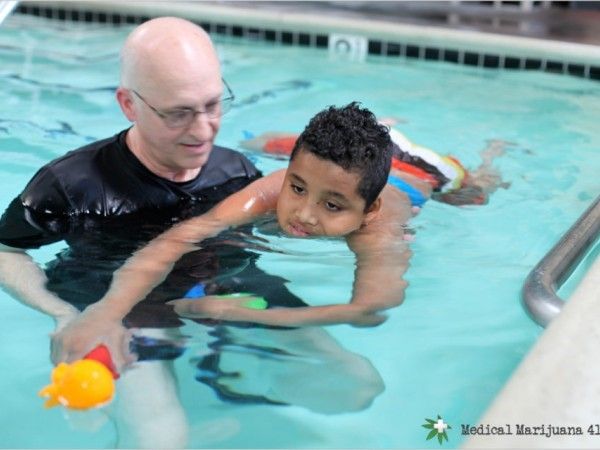
Image Credit
Swimming is important to help reduce risks of accidental drowning. Children with autism have a special fascination with water and tragically according the National Autism Association that between 2009 and 2011, accidental drowning accounted for 91 percent of the total U.S. deaths reported in children with autism ages 14 and younger who had wandered away from their homes, schools, or caregivers.
Swimming is an exercise that helps reduce hyperactivity, self-harm and injury, aggression and destructiveness and repeated self-stimulatory behaviors that are often associated with ASD.

Image Credit
Pivotal Response Treatment targets motivation, response to multiple cues, self-management and initiation of social interactions. The philosophy is that by targeting these critical areas, PRT will produce broad improvements across other areas of sociability, communication, behavior and academic skill building.
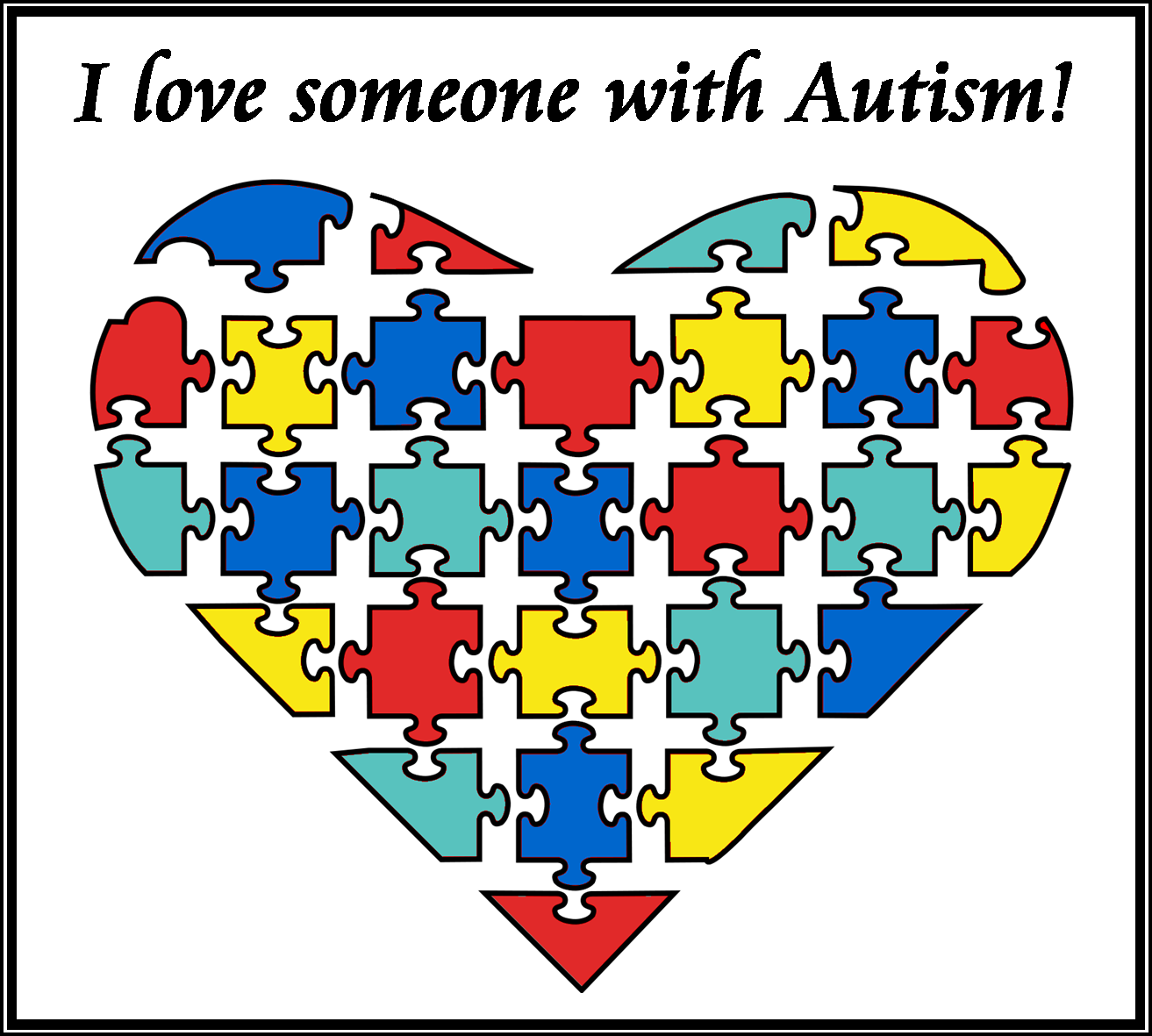
Image Credit
There are numerous other interventions that I will cover in my next article, as once again, this one is getting too long. I hope to also touch upon the subject of Neuroplasticity and autism and what the latest developments in the field of ASD are. Because ASD is such a difficult and diverse spectrum, it is hard to cover the large area it encompasses. I will do my best to wrap this up in hopefully my last article in this series. Once again thank-you for following me through this journey in the area of Autism. If you would like to follow me, please check HERE.
These are my previous articles on Autism if you’re interested in reading them:
The World of Autism: A Series On Autism & It’s Challenges & Hopes: https://steemit.com/steemiteducation/@cabbagepatch/the-world-of-autism-a-series-on-autism-and-it-s-challenges-and-hopes
The World of Autism – The Series Continues: Types of Autism & Treatments:
https://steemit.com/steemiteducation/@cabbagepatch/the-world-of-autism-the-series-continues-types-of-autism-and-treatments
The World of Autism: Therapeutic Interventions For Autism Spectrum Disorder:
https://steemit.com/steemiteducation/@cabbagepatch/the-world-of-autism-therapeutic-interventions-for-autism-spectrum-disorder
Congratulations! This post has been upvoted from the communal account, @minnowsupport, by cabbagepatch from the Minnow Support Project. It's a witness project run by aggroed, ausbitbank, teamsteem, theprophet0, someguy123, neoxian, followbtcnews/crimsonclad, and netuoso. The goal is to help Steemit grow by supporting Minnows and creating a social network. Please find us in the Peace, Abundance, and Liberty Network (PALnet) Discord Channel. It's a completely public and open space to all members of the Steemit community who voluntarily choose to be there.
Great. Thanks for sharing. I vote for you and begin to follow you. And Resteemed...
Thank-you @samwicallis for your comments, support and resteem. I want to spread the word on autism because it is a very hard life for an autistic child and his/her parents. Have a great weekend! Following you back. :D
I just came across your post now on new feed when I posted my art work ..plz do check on my art work for your support...thx u.upvoted and followed u now.
Thank-you so much for your comments and support. I just went to see your painting of Oba and it was wonderful. I will put you on my follow list. Again, thank-you for your follow and support! :D
This post has received a 0.45 % upvote from @drotto thanks to: @banjo.
I have practically seen diet plays a major role in treating autism. And it takes lot of careful observation how the child mindset reacts to the kind of foods he is fed. In addition to gluten free, lactose is another culprit.
Are you threatening me!?
You are so right about how diet plays such a big role in treating autism. I hope more research is done in this area. Lactose is a big culprit in a lot of people. Have a wonderful weekend. Again thank you for your wonderful comments!
Another wonderful post from cabbagepatch as usual, I really love your posts.
Thank you so much for all your work and enjoy your day.
Thank-you @bigbear. Hope you are well. Lady is doing fine but she has a lot of accidents because of the chemo and steroids. So my days and nights are busy. Thank is why I am writing so much. It helps with the stress. Have a wonderful weekend! :D
Awsome teacher and proud be a teacher.
great post and keep it up
Thank-you so much @nomanijaz for your wonderful comment and support. Appreciate it very much. You should be proud to be a teacher because teaching is what makes the world great! Keep up the great work!